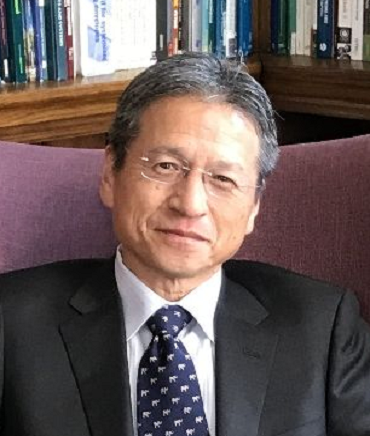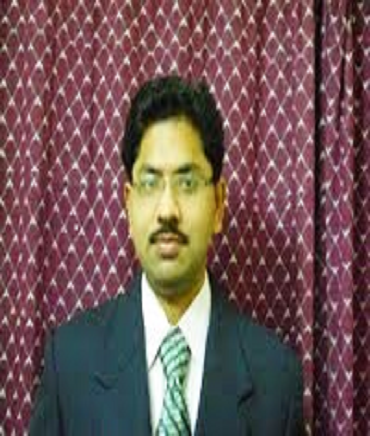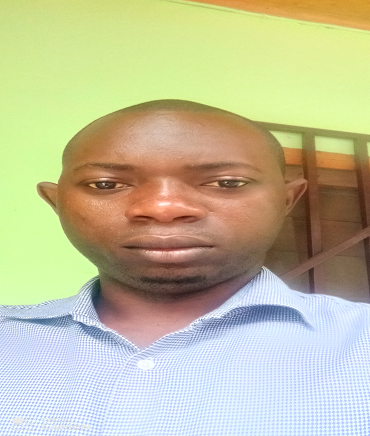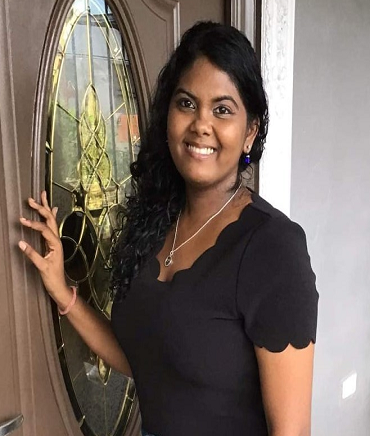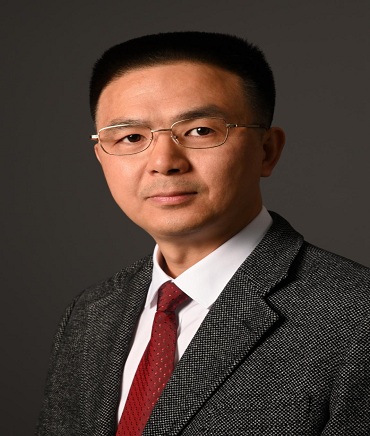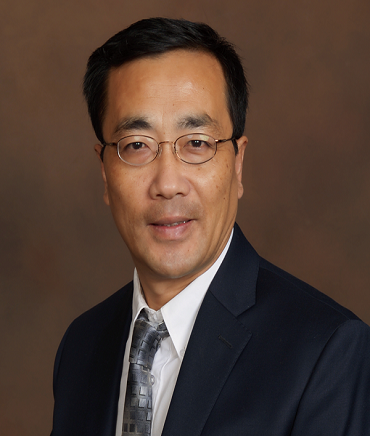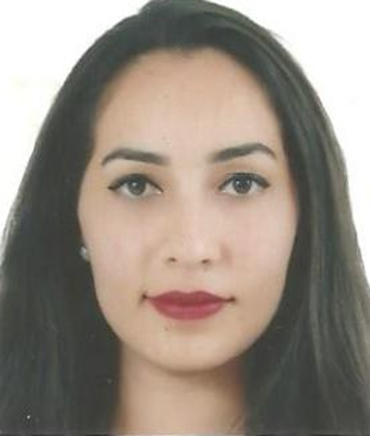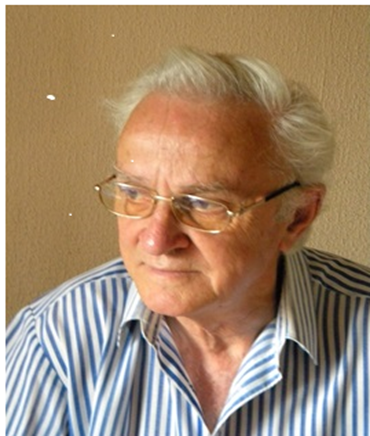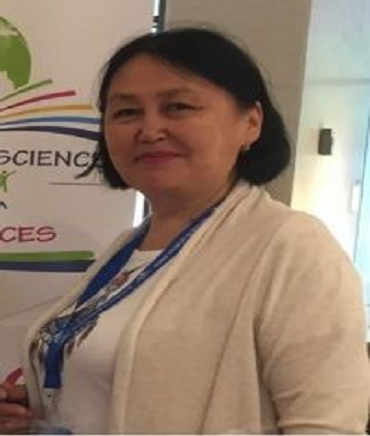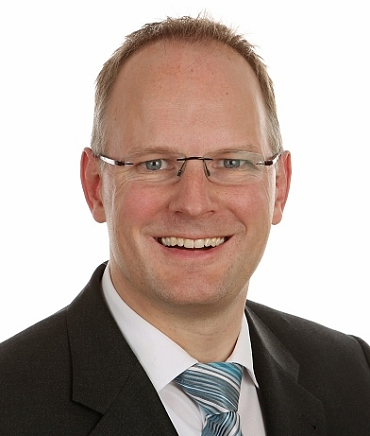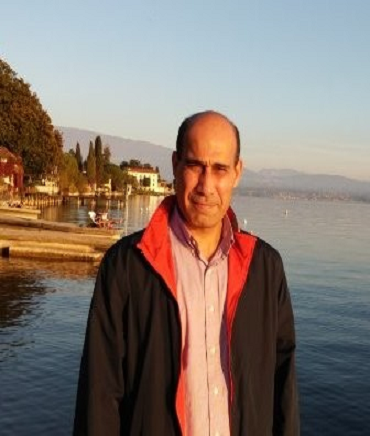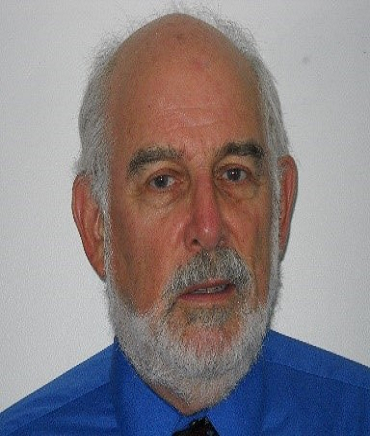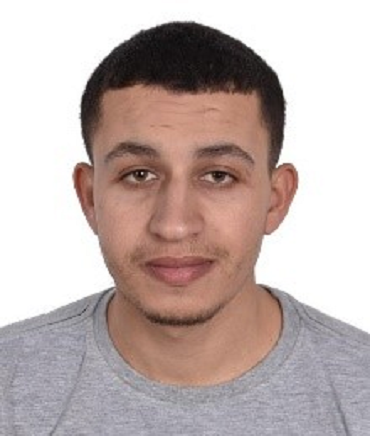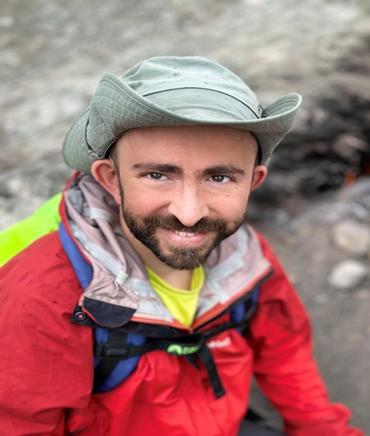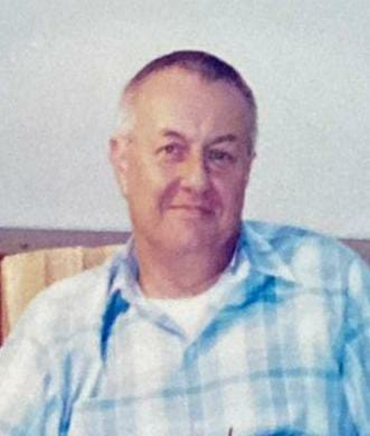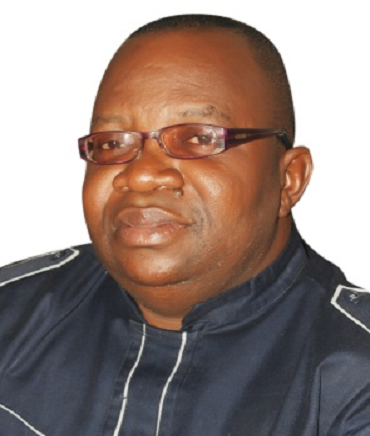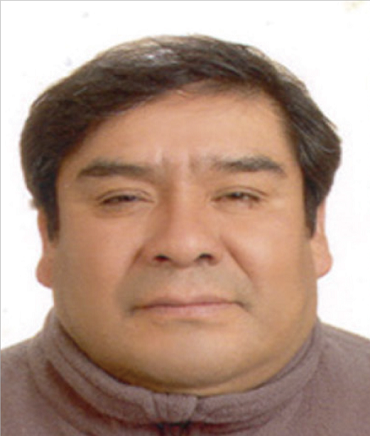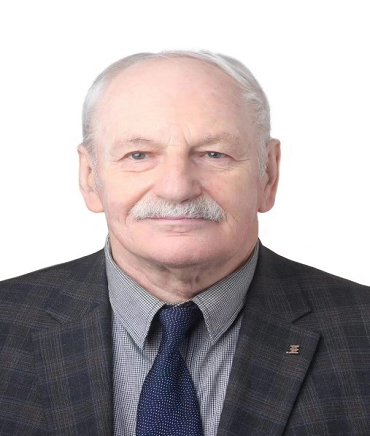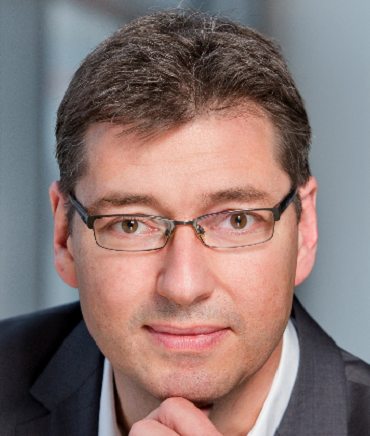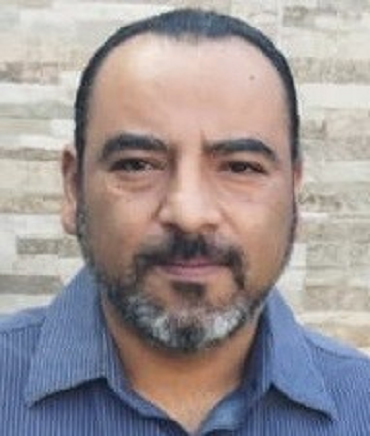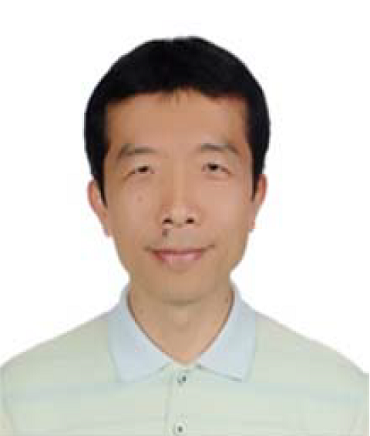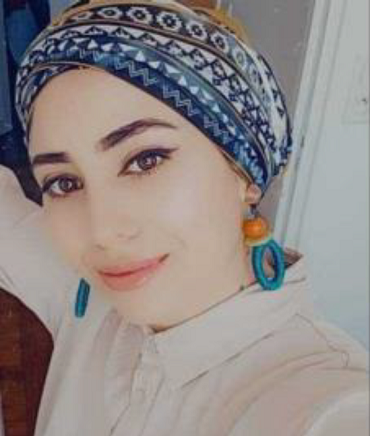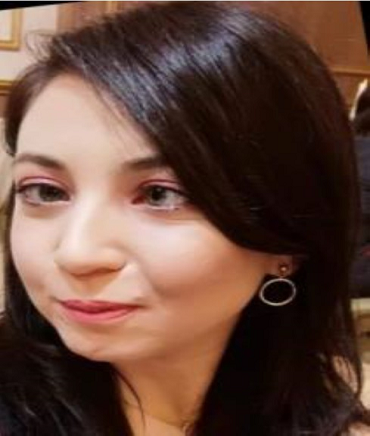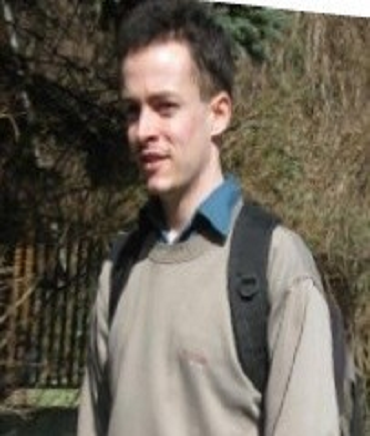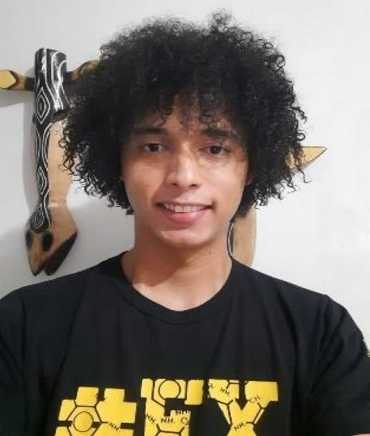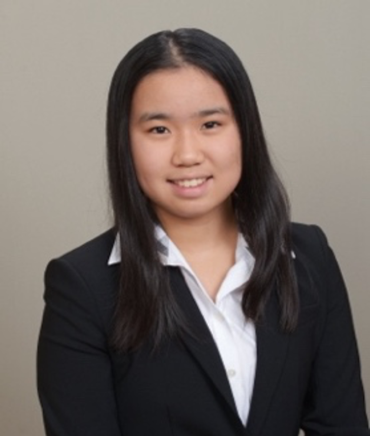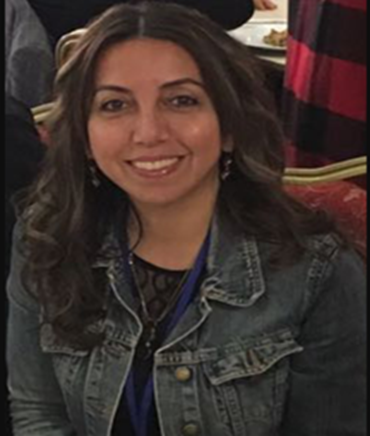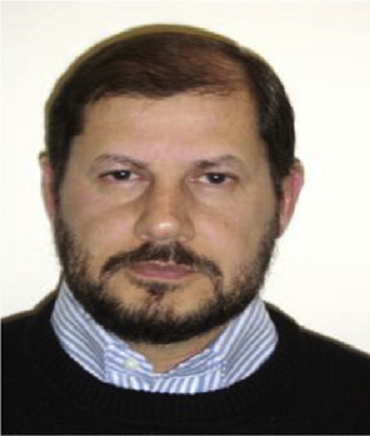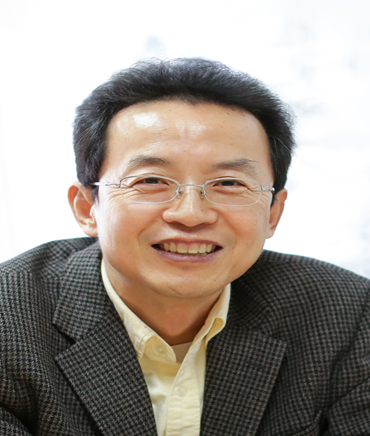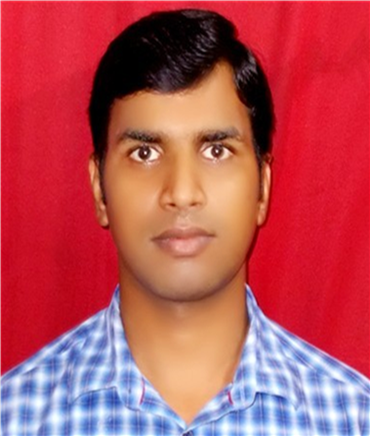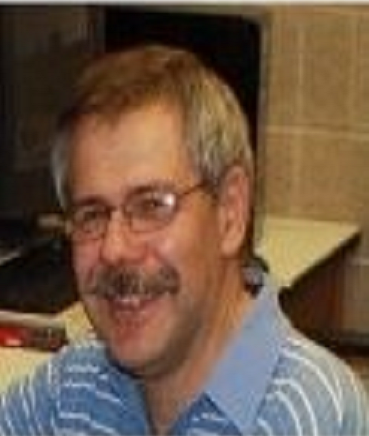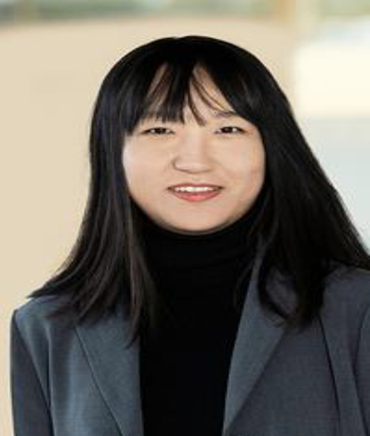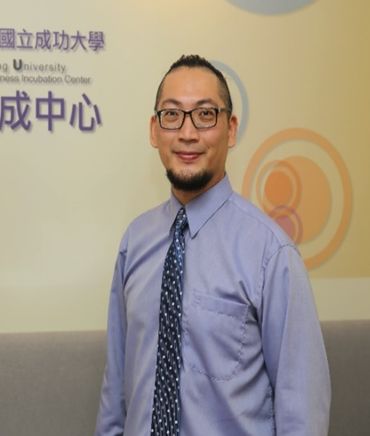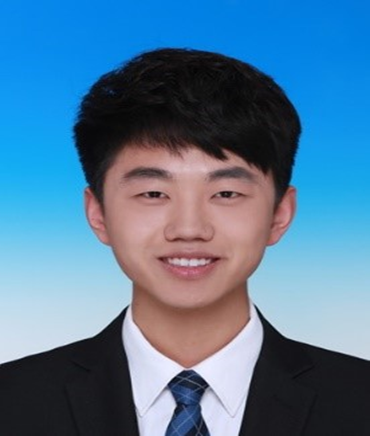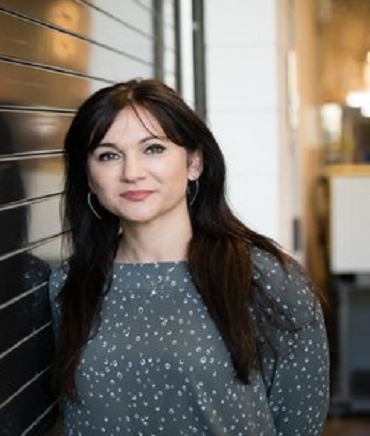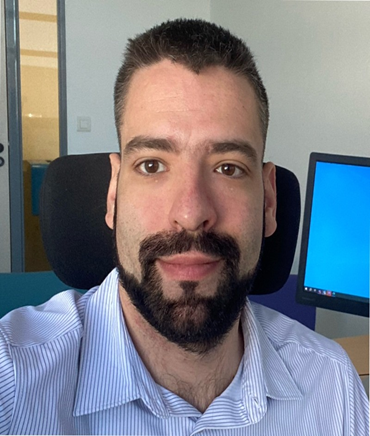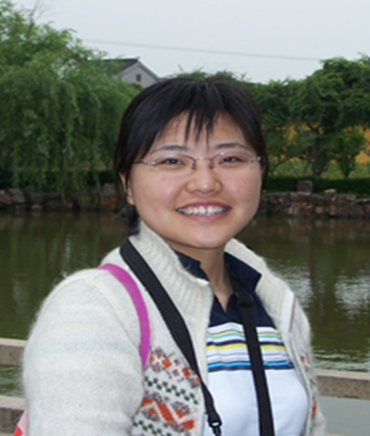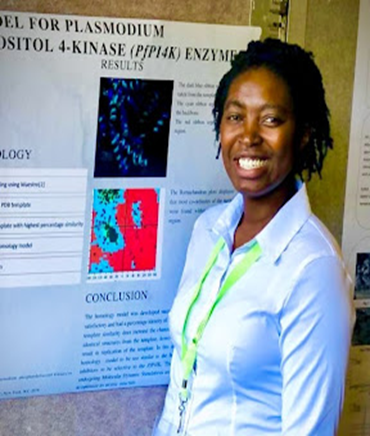-
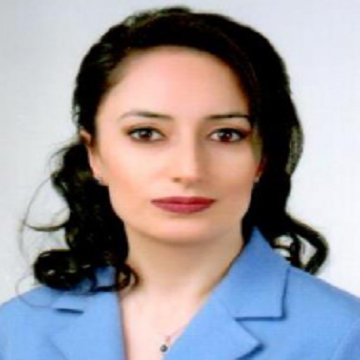
Ebru Bozkurt
Ataturk University, Turkey view profile -
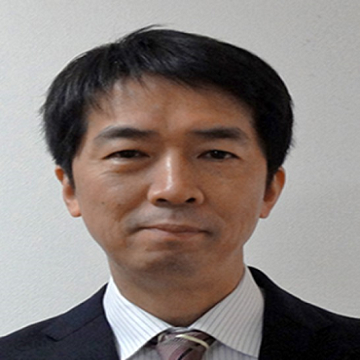
Shin Aoki
Tokyo University of Science, Japan view profile -
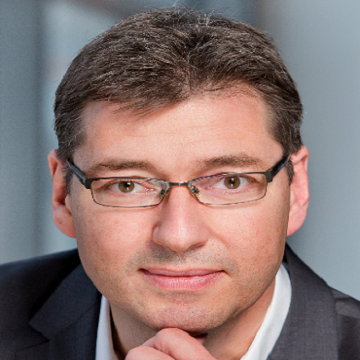
Thorsten Wack
Fraunhofer Institute for Environmental, Safety and Energy Technology UMSICHT, Germany view profile -
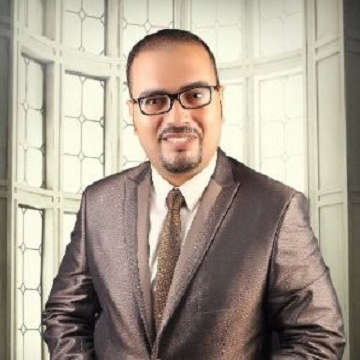
Amgad M. Rabie
Dikernis General Hospital (DGH), Egypt view profile -
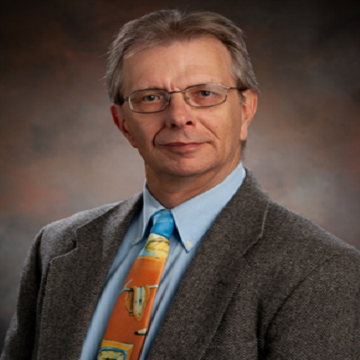
Charles E. Turick
ElectroBioDyne, LLC, USA view profile -
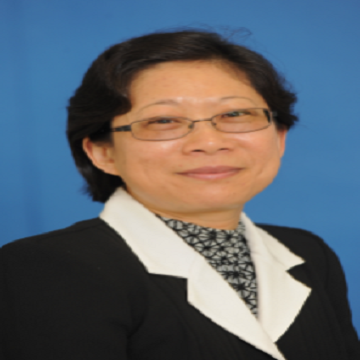
Aleksandra Wesełucha-Birczyńska
Jagiellonian University in Kraków, Poland view profile -
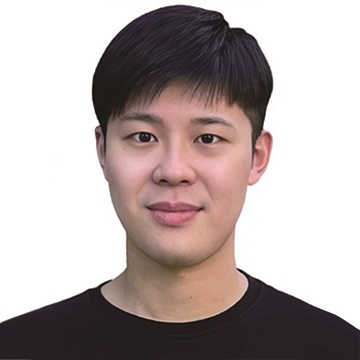
Jianhui Liu
Harvard School of Dental Medicine, USA view profile -

Rui Xu
University of Science and Technology Beijing, China view profile -

Luca Persichetti
University of Rome, Italy view profile -

Pierre-Yves Renard
Université Rouen-Normandie, France view profile -

Caixia Qi
Yantai University, China view profile -
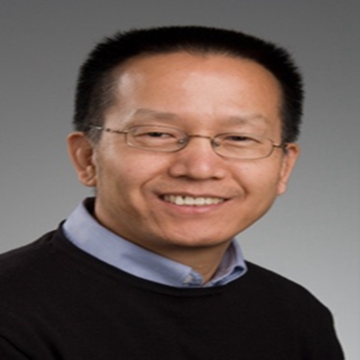
Bing Yan
Guangzhou University, China view profile
-
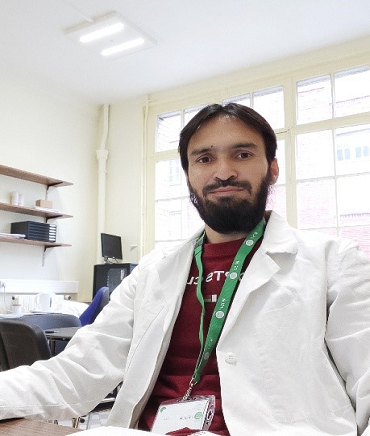
Pierre-Yves Renard
Université Rouen-Normandie, France view profile -
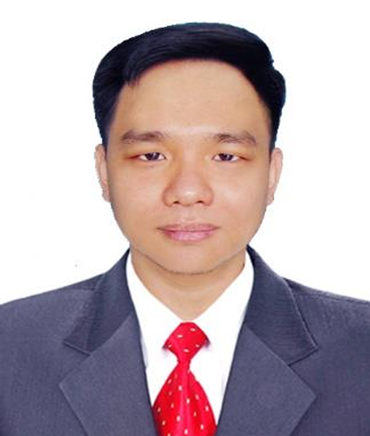
Luca Persichetti
University of Rome , Italy view profile -
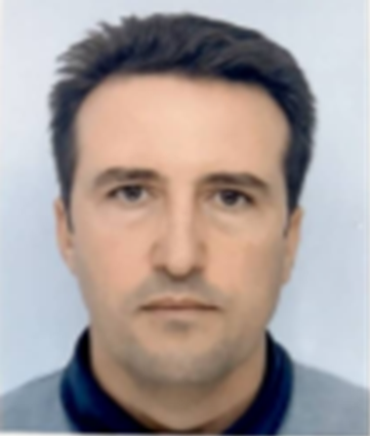
Malek Nechab
Aix-Marseille University, France view profile -
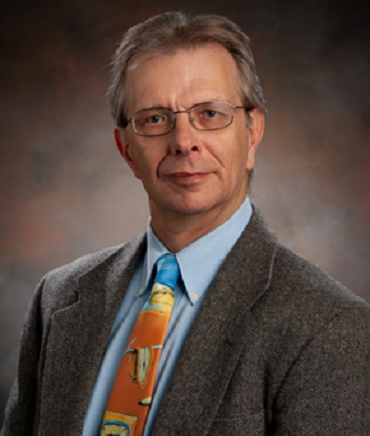
Rok Grahek
Sandoz Development Center, Slovenia view profile -
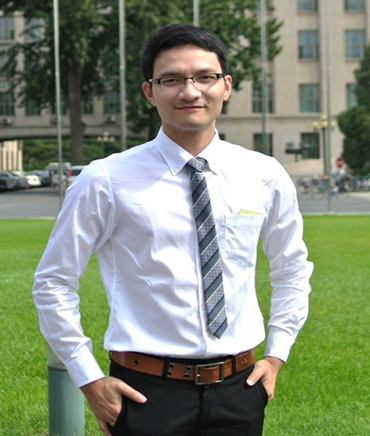
Ahmad Salman
SCE - Shamoon College of Engineering, Israel view profile -

Chiara Colletto
Chematek SpA, Italy view profile -
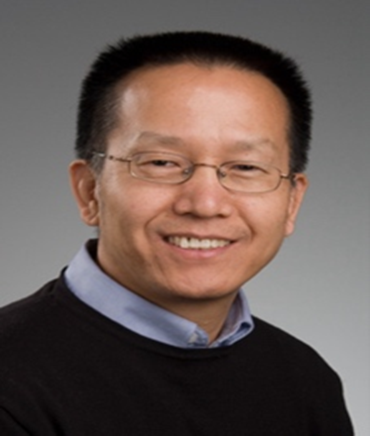
Bing Yan
Guangzhou University, China view profile -
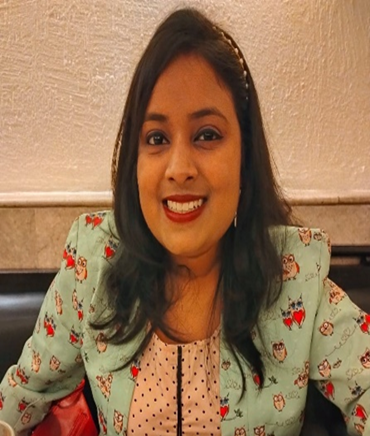
Aleksandra Wesełucha-Birczyńska
Jagiellonian University in Kraków, Poland view profile -
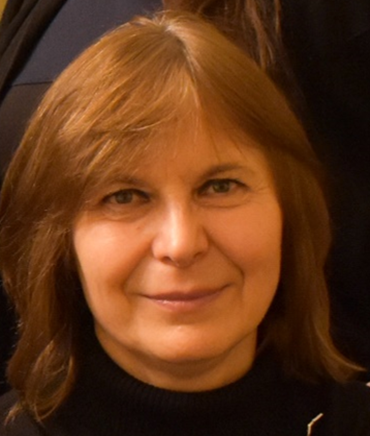
Rui Xu
University of Science and Technology Beijing, China view profile -
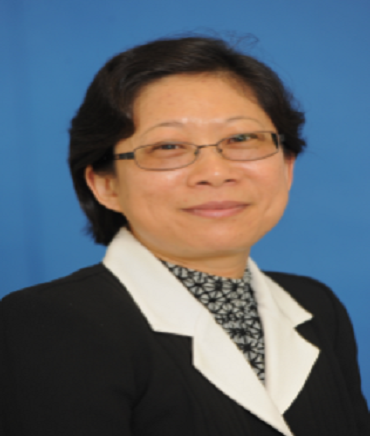
Irena Roterman
Jagiellonian University – Medical College, Poland view profile -
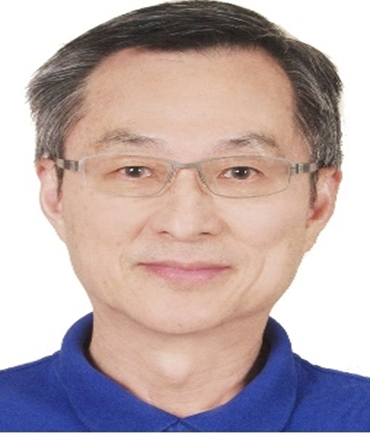
Junfeng Rong
Sinopec Research Institute of Petroleum Processing Co., China view profile -
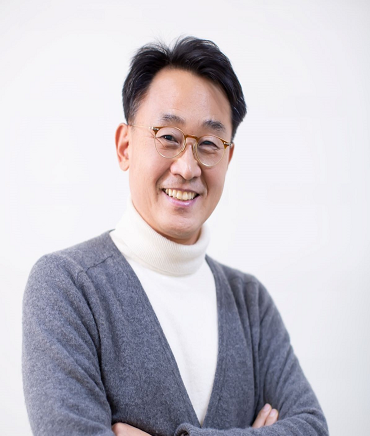
Caixia Qi
Yantai University, China view profile -

Xuesen Dong
The University of British Columbia, Canada view profile -

Luigi Paduano
University of Naples "Federico II", Italy view profile -

Arup Kumar Pattanayak
Nil Ratan Sircar Medical College, India view profile -
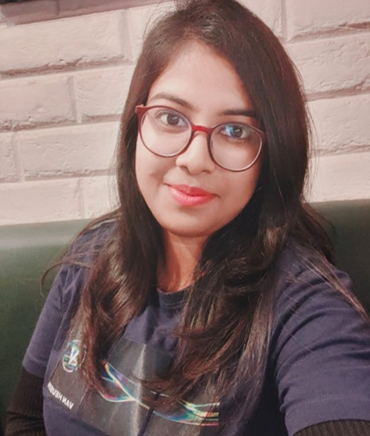
Shreemoyee Palmal
Lady Brabourne College, Kolkata, India view profile -

Adina Boldeiu
IMT Bucharest, Romania view profile -

César Emanuel Ayerdis Ruiz
University of Costa Rica, Costa Rica view profile -

Assaraf Roland
CNRS and Sorbonne University, France view profile -

Efracio Mamani Flores
Jorge Basadre Grohmann National University, Peru view profile -

Jin Yang
Hubei University of Technology, China, China view profile -

Hakan Goker
Faculty of Pharmacy, Ankara University , Turkey view profile -

Ozlem Temiz Arpaci
Faculty of Pharmacy, Ankara University, Turkey view profile -

Lorenzo Gontrani
University of Rome Tor Vergata, Italy view profile

